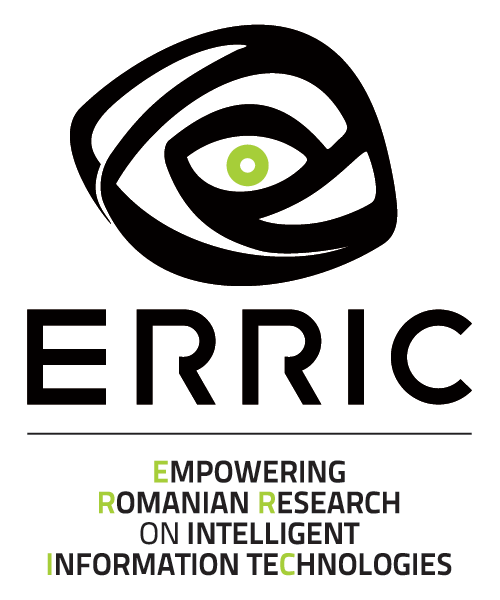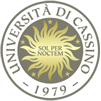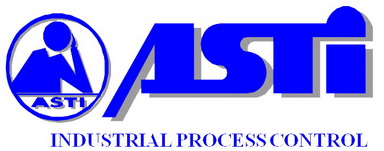Keynote Speakers
 Professor Paul Valckenaers , Catholic University of Leuven, BE
Professor Paul Valckenaers , Catholic University of Leuven, BE
"When Research Excellence is not enough and Exceptional Results are Required - A Benchmarking Software Platform for Research beyond the Comfort Zones of our Research Communities"
Paul Valckenaers is a senior researcher at the Mechanical Engineering department of the KU Leuven, Belgium. He holds a MSc in numerical mathematics (1983), a MSc in software engineering (1985), a postgraduate in industrial management (1990) and a PhD in mechanical engineering (1993). Since 1986, Paul Valckenaers has investigated decentralized control of manufacturing systems. He is the chair of the IFAC Technical Committee 5.1 on Manufacturing Plant Control and associate editor of Computers in Industry. He is a full-time researcher and has actively participated in 20 international (EU and IMS) and national research projects. He has published over 160 papers. His main research topic is "design for the unexpected" focusing on execution systems - covering manufacturing execution systems, logistic execution systems, intelligent traffic systems, smart grid, fleet robotics. The research emphasizes situational awareness in open systems and unpredictable environments rather than optimized decision making. His research on self-organizing can be summarized as "predicting the unexpected." The foundation of his research consists of insights in the mechanisms that prevent successful integration of system components into larger systems. His research applies insights from complex-adaptive systems theory, biology (i.e. stigmergy) and bounded rationality.Presentation Abstract: Historically, society's investment in research and technological development has been incredibly profitable. However, these exceptional returns are due to exceptional research results, not to excellence. On its own and without exceptional results to exploit, excellence in research is a poor investment for our society, especially in domains experiencing stagnation while the size of the research community remains high. Excellence needs regular rejuvenation through the adopting of exceptional results. These results come from outside the comfort zones of our research communities. However, the prevailing research policies - aiming to ensure excellence even before the research has been performed - render it increasingly difficult to perform research outside these comfort zones. Nonetheless, society needs research to push the boundaries and move into uncharted territories. Thus, instruments to facilitate such truly groundbreaking research are needed. This keynote presents a software platform to enable researchers investigating manufacturing plant control systems that today are only able to present concepts, ideas and toy experiments. The benchmarking platform pushes the boundaries of our research by bringing large scale experiments under anominal conditions within reach of a normal research project or doctorate.
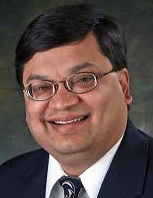 Professor Vittal Prabhu , The Pennsylvania State University, USA
Professor Vittal Prabhu , The Pennsylvania State University, USA
"Distributed control for green manufacturing"
Professor Prabhu works in the area of distributed control systems with a focus on manufacturing and service enterprises. The goal of his research is to develop a unified mathematical and computational framework that enables engineering of distributed control systems consisting of discrete-events, physical processes, and service processes. The science-base of this work includes theories of discontinuous differential equations, Lyapunov stability, adaptive control, and nonlinear control for studying distributed algorithms. This has lead to the development of distributed algorithms for various applications in industrial operations including production scheduling, maintenance scheduling, batch sequencing, inventory control, transportation, and supply chain optimization. This work has motivated the development of novel parallel/distributed computing architectures using FPGAs and clusters to enable fast, large scale distributed simulations so that business decisions can be accelerated. He has also researched modeling and real-time control of physical processes such as cryogenic freezing, laser manufacturing, and electron beam-physical vapor deposition.Presentation Abstract: There is a need for energy-aware models of manufacturing systems that link the physics of energy consumption at the individual machine-level to the energy consumption at the factory-level. Such models would enable designs and real-time control of green factories. Researching the energy dimension of manufacturing system from control of machine tools to design of factories will span a time scale of milliseconds up to years, posing several challenges in terms of fidelity of the models. This talk will cover our recent work in this area including theoretical, simulation and experimental results.
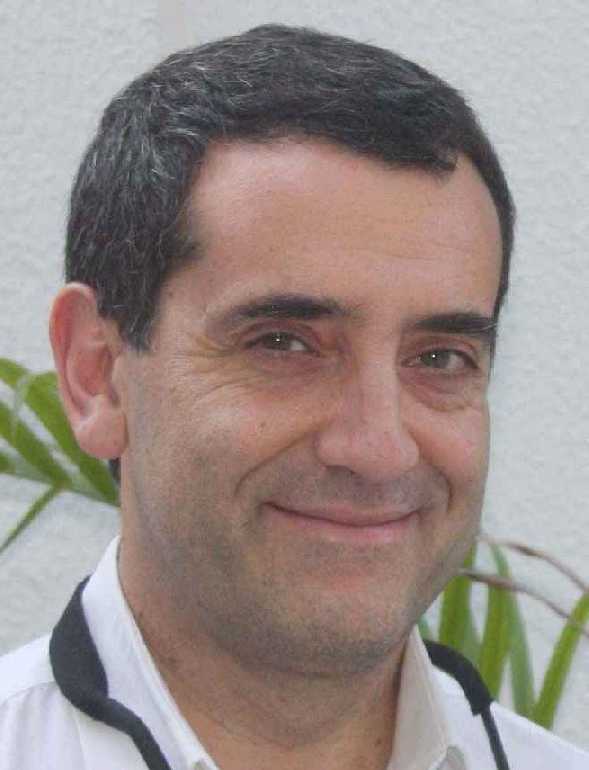 Professor João Falcão e Cunha , Faculty of Engineering, University of Porto, PT
Professor João Falcão e Cunha , Faculty of Engineering, University of Porto, PT
"Smart services for public transportation: state of the art and perspectives"
João Falcão e Cunha is a lecturer and researcher at the School of Engineering of the University of Porto. He holds a PhD in Computing Science from Imperial College London (1989), a MSc in Operations Research from Cranfield University (1984) and a first degree in Electrical Engineering from the School of Engineering of the University of Porto (1983). He is a member of the ACM and the IEEE - Computer Society. He has been involved with theoretical and experimental work in Software Engineering and Information Systems for the past 20 years. His research interests include decision support systems, graphical user interfaces, object-oriented modeling and service engineering and management. Currently he coordinates at FEUP the integrated master programme in Industrial Engineering and Management, and the master programme in Service Engineering and Management. He is a member of the Executive Committee of ERCIM, the European Research Consortium for Informatics and Mathematics, and the Academic Director of the IBM Center for Advanced Studies in Portugal (IBM CAS Portugal).Presentation Abstract: Increased distributed intelligence in pervasive mobile smart devices, and in sensor networks in public transport vehicles are enabling a new approach for enhancing the experience of public transport customers. Such environment could be modeled through a distributed multi-agent service system. This keynote presents advanced information services already available on such environments, and indicates a possible service environment where people’s feedback may benefit all transport service stakeholders. Mobile computing and crowdsourcing are key enablers for enhancing user experience in the transport services, and also for enhancing overall public transport services. Better experience leads to increased usage of shared mobility modes, and therefore to more sustainable cities in the future.
